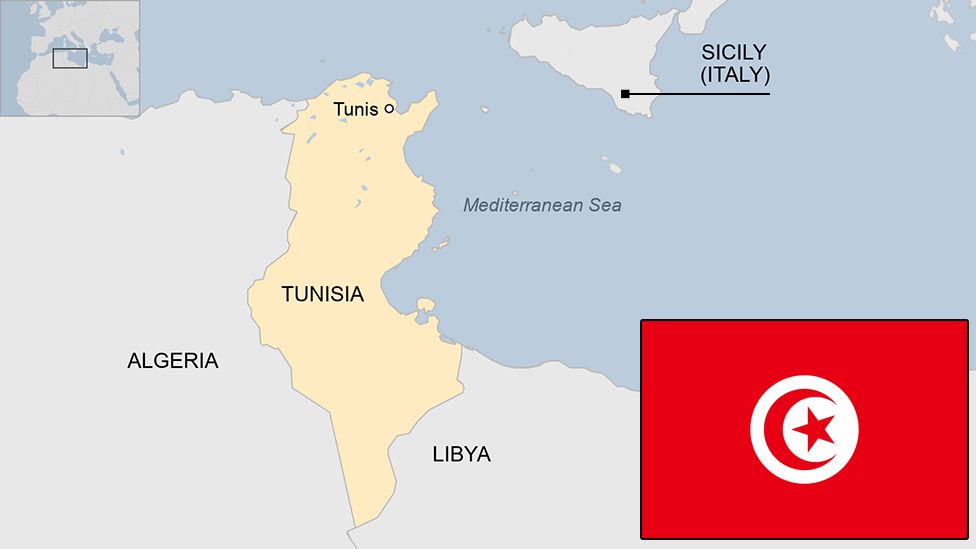
Tunisia was once an important player in the Mediterranean, thanks to its location in the centre of North Africa, close to vital shipping routes.
French colonial rule ended in 1956, and Tunisia was led for three decades by Habib Bourguiba, who advanced secular ideas, foremost of which was the emancipation of women.
Mass protests unseated President Ben Ali in 2011, in the first of a series of popular uprisings to sweep the region, but President Kais Saied sought to re-impose aspects of authoritarian rule in 2022.
REPUBLIC OF TUNISIA: FACTS
- Capital: Tunis
- Area: 163,610 sq km
- Population: 11.7 million
- Language: Arabic
- Life expectancy: 72 years (men) 79 years (women)
LEADER
President: Kais Saied
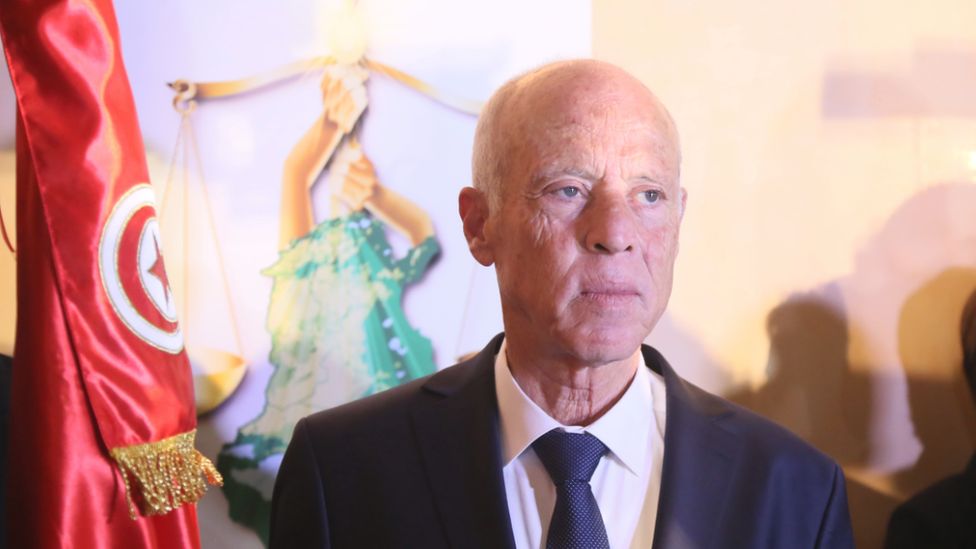
Retired law professor Kais Saied won a landslide victory over media mogul Nabil Karoui in the October 2019 presidential election run-off. Saied, who campaigned on an anti-corruption platform, and appealed directly to young voters.
In 2021 he carried out a series of measures to enhance the power of the presidency at the expense of parliament and the judiciary.
Opposition parties boycotted the 2022 parliamentary elections, accusing the president of staging a coup after shutting parliament in 2021 and giving himself almost unlimited executive powers.
MEDIA
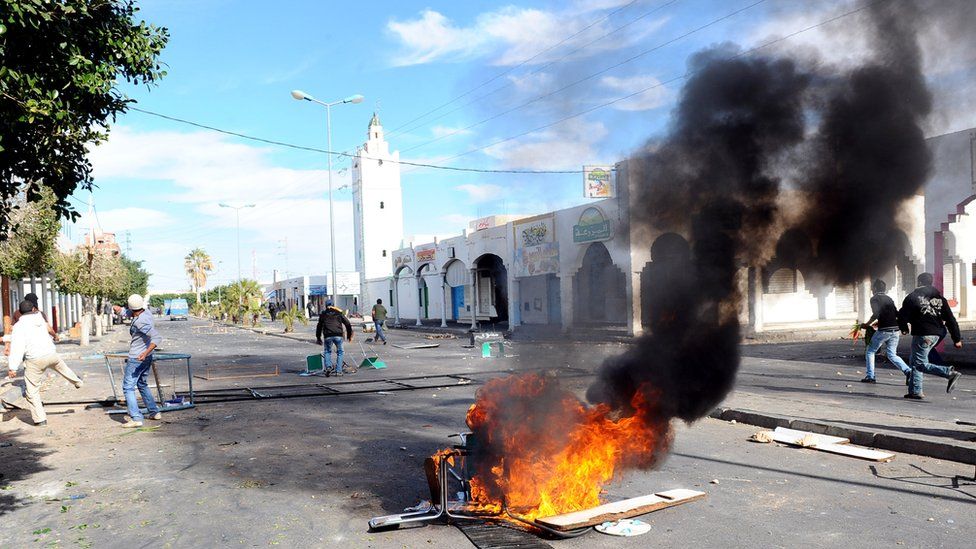
The Tunisian media now enjoy greater freedom than before the 2011 popular revolt.
Social media played a key role in the uprising.
TIMELINE
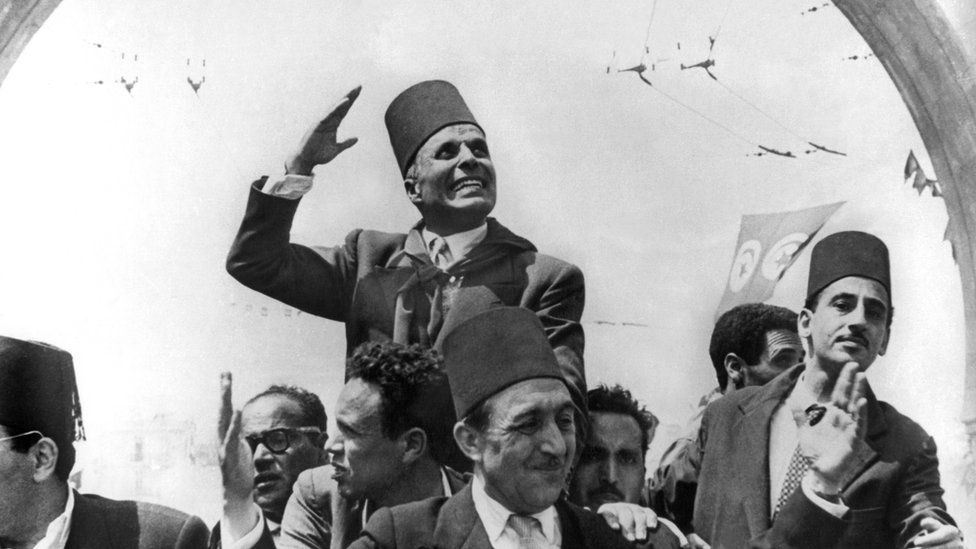
Some key dates in Tunisia’s history:
600s – Arabs conquer the territory of present-day Tunisia.
1534-1574 – Ottomans wrestle for control of Tunis with Spanish forces, before finally reconquering Tunis in 1574. Tunisia becomes in effect an autonomous province of the Ottoman empire.
1881 – French troops occupy Tunis. France controls economic and foreign affairs; Tunisia is a French protectorate from 1883.
1934 – Habib Bourguiba founds the pro-independence Neo-Dustour Party
1942 – World War Two: German troops arrive to resist allied forces in Algeria. Allied forces defeat German and Italian troops in May 1943.
1956 – Tunisia becomes independent with Habib Bourguiba as prime minister.
1957 – Tunisia become s a republic.
1987 – Bourguiba declared unfit to rule and Prime Minister Zine El Abidine Ben Ali assumed the presidency
2011 – Tunisian revolution. Mass protests drive President Ben Ali into exile, inspiring other Arab Spring uprisings.
2015 – Attacks aimed at foreign tourists killing 22 people at the Bardo National Museum, and later 38 people at the Sousse beachfront.
2021 – President Kais Saied imposes presidential rule, dismissing the prime minister and withdrew immunity of parliament members.undermining the authority of parliament.
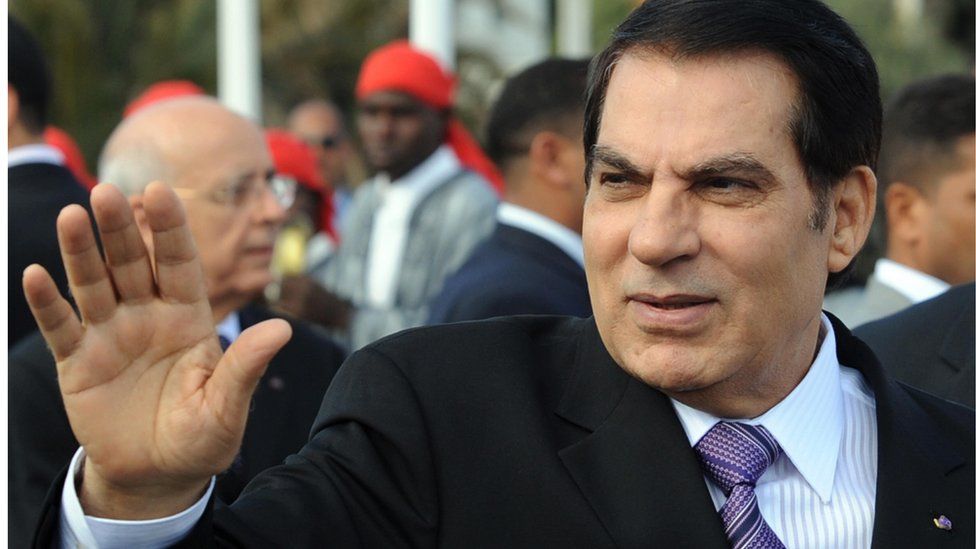
Source: bbc
















